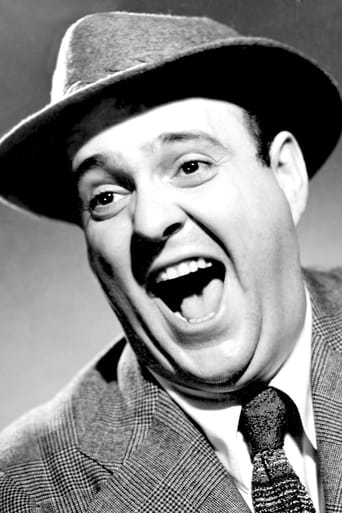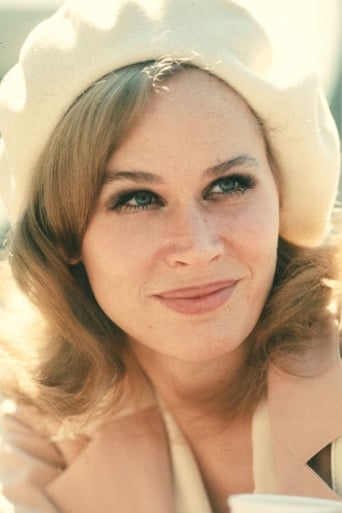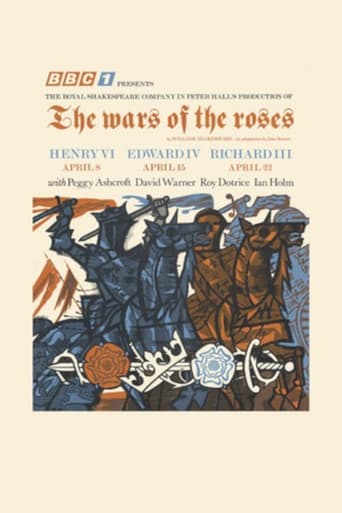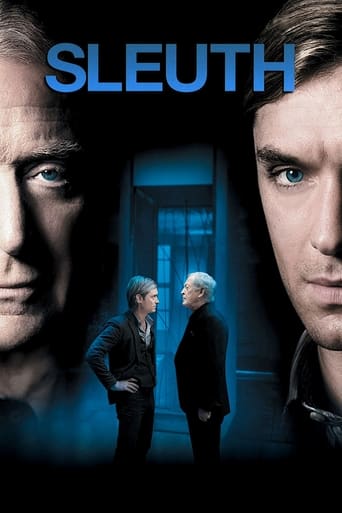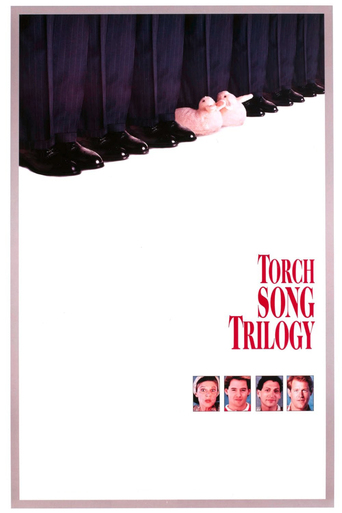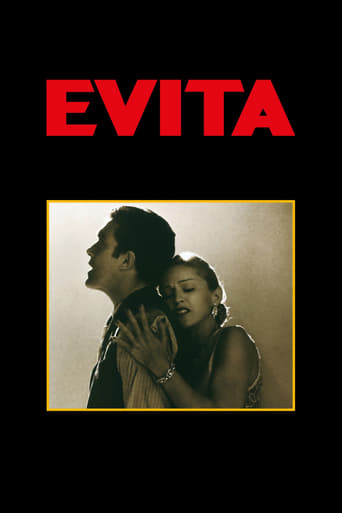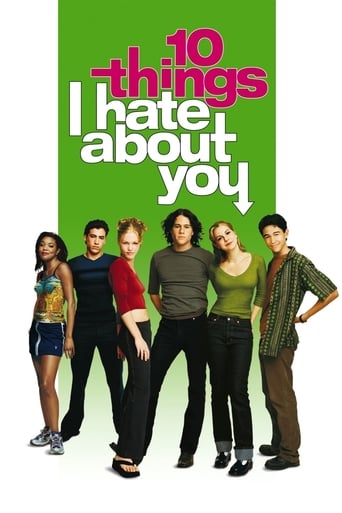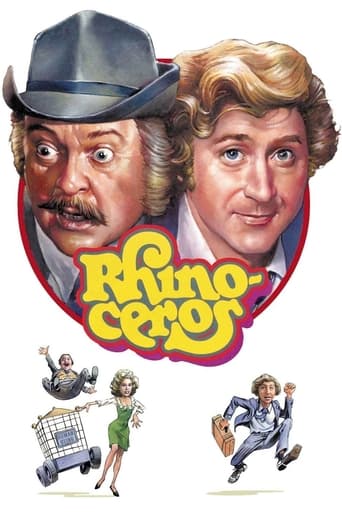
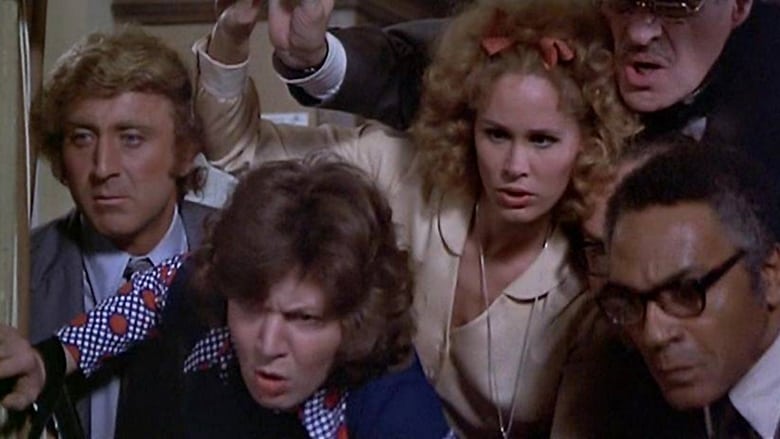
Rhinoceros (1974)
A boozing young man in love with his co-worker finds that everyone around him, even his pompous and condescending best friend, is changing into a rhinoceros.
Watch Trailer
Cast
Similar titles
Reviews
Best movie of this year hands down!
Simply A Masterpiece
Don't listen to the Hype. It's awful
The acting in this movie is really good.
I saw this movie thinking it would be a wacky comedy because it had Zero Mostel and Gene Wilder in it (they were both in The Producers so I figured it would be that level of comedy with slapstick and obvious jokes). Instead this movie is not like that at all, it was a complete surprise with a bizarre story line. Gene Wilder plays a guy who starts hallucinating and seeing the people around him in his life and in his town actually turning into rhinoceroses (or is it rhinoceri I have no idea?) It is definitely strange to watch and it is definitely more of a satire and drama and a comment about society at the time in the 1970s than it was a straight up comedy but it's definitely worth watching and good, it will stick with you.
Tom O'Horgan's "Rhinoceros" is based on Eugène Ionesco's play. An exercise in the theater of the absurd, the play was intended as an indictment of Nazism, showing how everyone simply acquiesces to events around them. I guess that the movie doesn't really focus on the political aspect as much, but it's still a funny movie. Zero Mostel and Gene Wilder basically reprise their roles from "The Producers", only this time it's a world in which all the people are turning into odd-toed ungulates. Nothing can stop the transformations! Admittedly, it's a totally outlandish idea. But, that's a characteristic of the theater of the absurd. We don't actually see any members of the family Rhinocerotidae, we just hear their snorts. Nonetheless, I was laughing almost the whole time. Wilder is particularly funny as the uptight office clerk who falls apart as he watches all his acquaintances change. Zero Mostel's transformation is the best, while Karen Black's character is the most dynamic in the whole movie.Pretty neat.
The absurdist nature of the film doesn't hide the basic premise of the story - conformity to a herd mentality is to be resisted at all times if one is determined to remain an individual. The rampage of the rhinoceros(es)/rhinocerii(??) may serve to distract the disengaged viewer, but if you're paying attention, you'll get it pretty clearly. Even Stanley (Gene Wilder), seemingly immune to rhinocerization, in a way falls victim to his own brand of conformity - getting drunk on weekends to escape the fact that he 'can't get used to life'.My question would be - where did Zero Mostel get the energy to pull off that rhinoceros transformation? That was a pretty challenging and inspired piece of work. Can you just picture him over at the Bronx Zoo rhino pit evaluating the huge animal's every movement and idiosyncrasy? They were all incorporated into that magnificent characterization that had to go on for a significant portion of the story. It seemed that even Wilder was entranced by the performance.As for Karen Black, I wonder whose idea it was for her to wear that front slit skirt to distract the audience? Herd mentality at work, right? It worked on me, along with those long, leggy shots in every imaginable contorted position. It's too bad she became a rhinoceros too, she had such promise.I had never heard of this movie before until spying the title on one of the cable channels today. The story description hooked me right off, leading me to schedule my day so I could catch it. I guess that could be a submission of sorts as well, but it was worth it to catch the principals in their prime in the sort of inspired lunacy that was considered their trademark.
The Theatre-Of-The-Absurd was a style of experimental play-scripting that was practised in the '50s and '60s by playwrights like Samuel Beckett, Arthur Adamov, Jean Genet and Eugene Ionesco. When first devised, the Theatre-Of-The-Absurd movement was rather unpopular because audiences were left bewildered by the intentionally illogical and plot less story lines. A particular rule of absurdist plays is that they have no dramatic conflict, instead dealing with logically impossible situations and having the characters speak about irrational things as if they are perfectly rational. Also, the main character in an absurdist play is usually significantly out of key with everyone and everything around him. Eugene Ionesco's "Rhinoceros" is one of the most famous of all the absurd plays. This film version is set in urban America and is a deliberately subversive, surreal experience with strong comic performances. It is not, however, as multi-layered as the original play (which was set in France and had strong political and historical connotations about the Nazi occupation). This presentation of Rhinoceros is mainly a story about conformity and, in particular, those rare few who refuse to conform.Depressed, bored accountant Stanley (Gene Wilder) spends his week-days crunching numbers and his weekends drinking himself into a haze. His friend John (Zero Mostel) disapproves, but still meets Stanley every Sunday lunchtime to talk to him about the error of his ways. One particular Sunday, their lunch is interrupted when a stampeding rhinoceros charges down the street outside the restaurant. Soon, more and more rhinoceroses are sighted in town and Stanley gradually begins to realise that the entire population is turning into these huge pachyderms. More alarming still is that everyone that Stanley counts on to "remain" human seems to be switching to rhinoceros form too - his work colleagues (Joe Silver, Robert Weil, Percy Rodriguez), his dream girl Daisy (Karen Black), and even his best friend John. Stanley is determined not to conform, but as the human numbers dwindle and the rhinoceros population soars, will he be able to resist?One of the main problems with this film version of Rhinoceros is that it doesn't use the possibilities of film to "open-up" the constraints of its stage-bound play origins. For instance, during the scene where Mostel's character transforms into a rhinoceros, Wilder keeps commenting on the bump appearing on his forehead and the greyness of his skin, but there's no bump or greyness visible. Here was an opportunity to use the visual advantages that film has over the theatre stage, but it remains an unused opportunity. In fact, at all points the film refuses to become cinematic and constantly has a feel of "filmed theatre" about it. However, in other ways Rhinoceros is quite well done and credit needs to be given where it is due (Maltin rated this film BOMB, which shows how wide of the mark Maltin is prone to be). Wilder and Mostel interact brilliantly, relishing the play's enigmatic and often self-contradictory dialogue. Mostel's transformation sequence - done without make-up or visual effects, as noted earlier - is almost compensated by the sheer outrageous energy that Mostel invests in it. And, by removing the historical and political subtext of the original play, I think they've actually made it more timeless by focusing more on the themes of conformity (after all, don't we all relate to how it feels to spend our lives conforming, losing more and more of the animal-like freedom that was a characteristic of primitive man?) Transforming into a rhinoceros could be viewed as a metaphor for any type of conformity - doing drugs because all your peers do them; being promiscuous because it's the norm; voting for a particular political party because everyone else on your street is in favour of that party; etc.Not a complete success, then, but definitely a worthwhile and thought-provoking piece of cinema.

